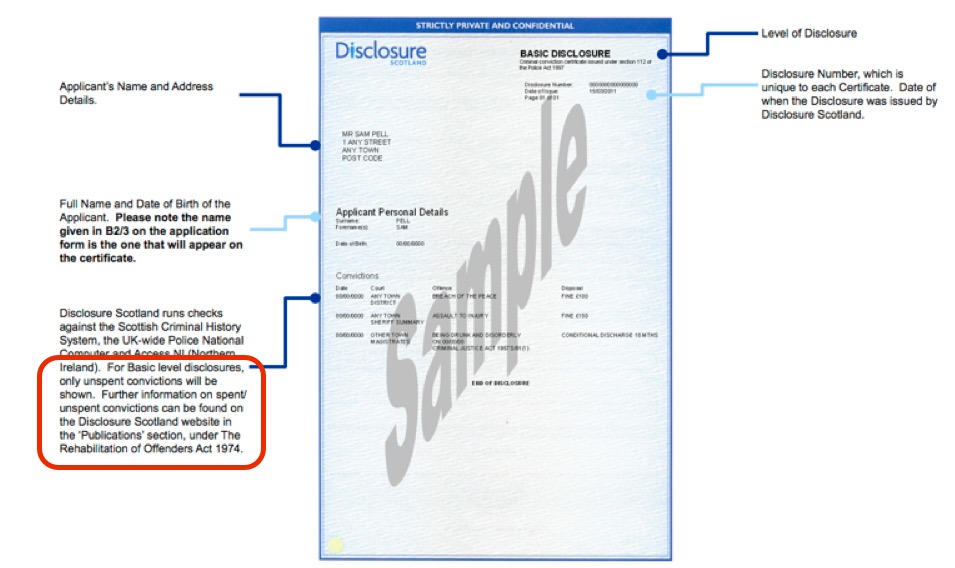Nicky Morgan, the Education Secretary, gave a speech [1] this week and shared her dream of the benefits technology for pupils.
It mentioned two initiatives to log children’s individual actions; one is included in a consultation on new statutory guidance, and the other she praised, is a GPS based mobile monitoring app.
As with many new applications of technology, how the concept is to be implemented in practice is important to help understand how intrusive any new use of data is going to be.
Unfortunately for this consultation there is no supporting code of practice what the change will mean, and questions need asked.
The most significant aspects in terms of changes to data collection through required monitoring are in the areas of statutory monitoring, systems, and mandatory teaching of ‘safeguarding’:
Consultation p11/14: “We believe including the requirement to ensure appropriate filtering and monitoring are in place, in statutory guidance, is proportional and reasonable in order to ensure all schools and colleges are meeting this requirement. We don’t think including this requirement will create addition burdens for the vast majority of schools, as they are already doing this, but we are keen to test this assumption.”
Consultation: paragraph 75 on page 22 introduces this guidance section and ends with a link to “Buying advice for schools.” “Governing bodies and proprietors should be confident that systems are in place that will identify children accessing or trying to access harmful and inappropriate content online. Guidance on e-security is available from the National Education Network.“
Guidance: para 78 “Whilst it is essential that governing bodies and proprietors ensure that appropriate filters and monitoring systems are in place they should be careful that “over blocking” does not lead to unreasonable restrictions as to what children can be taught with regards to online teaching and safeguarding.” —
Consultation: “The Opportunities to teach safeguarding” section (para 77-78) has been updated and now says governing bodies and “should ensure” rather than “should consider” that children are taught about safeguarding, including online, through teaching and learning opportunities. This is an important topic and the assumption is the vast majority of governing bodies and proprietors will already be ensuring the children in their school are suitably equipped with regards to safeguarding. But we are keen to hear views as to the change in emphasis.”
Paragraph 88 on p24 is oddly phrased: “Governing bodies and proprietors should ensure that staff members do not agree confidentiality and always act in the best interests of the child.”
Keeping Children Safe in Education – Questions on the Consultation and Use in practice
The consultation [2] is open until February 16th, and includes a new requirement to have web filtering and monitoring systems.
Remembering that 85% of children’s waking hours are spent outside school, and in a wide range of schools our children aged 2 -19, not every moment is spent unsupervised and on-screen, is it appropriate that this 24/7 monitoring would be applied to all types of school?
This provider software is reportedly being used in nearly 1,400 secondary schools in the UK. We hear little about its applied use.
The cases of cyber bullying or sexting in schools I hear of locally, or read in the press, are through smartphones. Unless the school snoops on individual devices I wonder therefore if the cost, implementation and impact is proportionate to the benefit?
- Necessary and proportionate? How does this type of monitoring compare with other alternatives?
- Privacy impact assessment? Has any been done – surely required as a minimum measure?
- Cost benefit risk assessment of the new guidance in practice?
- Problem vs Solution: What problem is it trying to solve and how will they measure if it is successful, or stop its use if it is not? Are other methods on offer?
- Due diligence: how do parents know that the providers have undergone thorough vetting and understand who they are? After all, these providers have access to millions of our children’s online interactions.
- Evidence: If it has been used for years in school, how has it been assessed against other methods of supervision?
- The national cash cost: this must be enormous when added up for every school in the country, how is cost balanced against risk?
- Intangible costs – has anyone asked our children’s feeling on this? Where is the boundary between what is constructive and creepy? Is scope change documented if they decide to collect more data?
Are we Creating a Solution that Solves or creates a Problem?
The private providers would have no incentive to say their reports don’t work and schools, legally required to be risk averse, would be unlikely to say stop if there is no outcome at all.
Some providers include “review of all incidents by child protection and forensic experts; freeing up time for teachers to focus on intervention” and “trends such as top users can be viewed.” How involved are staff who know the child as a first point of information sharing?
Most tools are multipurposed and I understand the reasons given behind them, but how it is implemented concerns me.
If the extent of these issues really justify this mass monitoring in every school – what are we doing to fix the causes, not simply spy on every child’s every online action in school? (I look at how it extends outside in part two.)
Questions on Public engagement: How are children and families involved in the implementation and with what oversight?
- Privacy and consent: Has anyone asked pupils and parents what they think and what rights they have to say no to sharing data?
- Involvement: Are parents to be involved and informed in software purchasing and in all data sharing decisions at local or regional level? Is there consistency of message if providers vary?
- Transparency: Where are the data created through the child’s actions stored, and for how long? Who has access to the data? What actions may result from it? And with what oversight?
- Understanding: How will children and parents be told what is “harmful and inappropriate content” as loosely defined by the consultation, and what they may or may not research? Children’s slang changes often, and “safeguarding” terms are subjective.
- Recourse: Will it include assessment of unintended consequences from misinterpretation of information gathered?
- Consent: And can I opt my child out from data collection by these unknown and ‘faceless’ third parties?
If children and parents are told their web use is monitored, what chilling effect may that have on their trust of the system, of teaching staff, and their ability to look for content to support their own sensitive concerns or development that they may not be able to safe to look for at home? What limitation will that put on their creativity?
These are all questions that should be asked to thoroughly understand the consultation and requires wide public examination.
Since key logging is already common practice (according to provider websites) and will effectively in practice become statutory, where is the public discussion? If it’s not explicitly statutory, should pupils be subject to spying on their web searches in a postcode lottery?
What exactly might this part of the new guidance mean for pupils?
In part two, I include the other part of her speech, the GPS app and ask whether if we track every child in and outside school, are we moving closer to the digital dream, or nightmare, in the search to close the digital skills gap?
****
References:
[1] Nicky Morgan’s full speech at BETT
[2] Consultation: Keeping Children Safe in Education – closing Feb 16thThe “opportunities to teach safeguarding” section (para 77-78) has been updated and now says governing bodies and proprieties “should ensure” rather than “should consider” that children are taught about safeguarding, including online, through teaching and learning opportunities.
The Consultation Guidance: most relevant paragraphs 75 and 77 p 22
“Governing bodies and proprietors should be confident that systems are in place that will identify children accessing or trying to access harmful and inappropriate content online. [Proposed statutory guidance]
Since “guidance on procuring appropriate ICT” from the National Education Network NEN* is offered, it is clearly intended that this ‘system’ to be ‘in place’, should be computer based. How will it be applied in practice? A number of the software providers for schools already provide services that include key logging, using “keyword detection libraries” that “provides a complete log of all online activity”.
(*It’s hard to read more about as many of NEN’s links are dead.)



